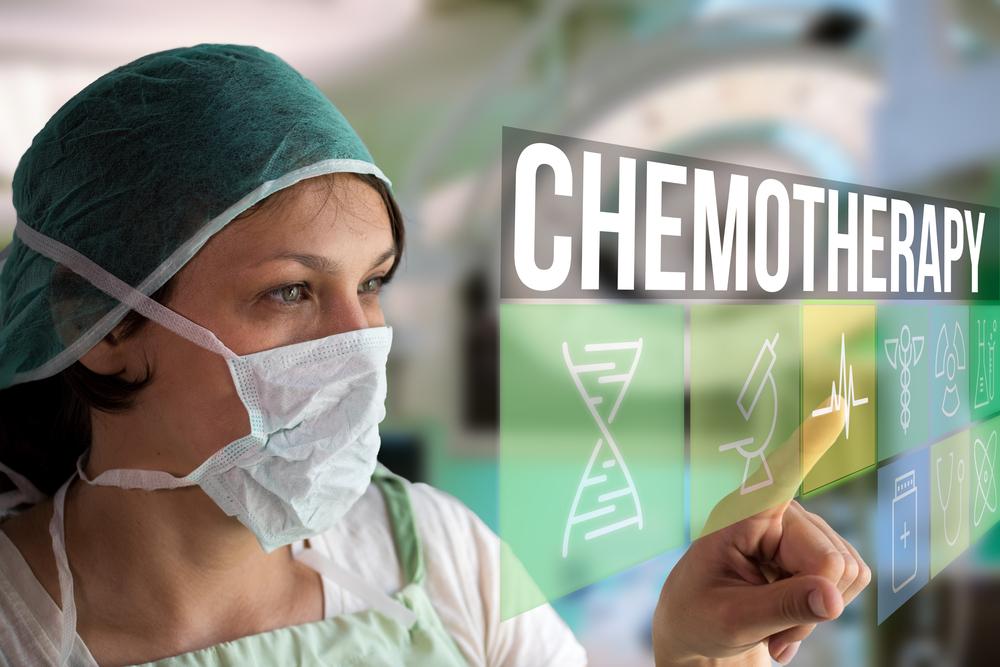Introduction
Chemotherapy remains one of the most effective treatments in the fight against cancer. However, its powerful effects on the body can lead to challenging side effects. At Manipal Hospital, we understand patients’ difficulties during chemotherapy and are committed to providing comprehensive care to manage these side effects effectively. We will explore the common side effects of chemotherapy and highlight the innovative treatments available at Manipal Hospital Whitefield to help patients navigate their cancer journey with greater comfort and dignity.

Understanding Chemotherapy Side Effects
Chemotherapy targets rapidly dividing cells in the body, including cancer cells. Unfortunately, this process also affects healthy cells that divide quickly, such as those in the hair follicles, bone marrow, and digestive tract. This collateral damage is the primary cause of chemotherapy side effects. Common side effects include:
- Nausea and vomiting
- Fatigue
- Hair loss
- Reduced blood cell counts
- Mouth sores
- Loss of appetite
- Skin and nail changes
- Cognitive issues (“chemo brain”)
At Manipal Hospital, we recognize that each patient’s experience with chemotherapy is unique. Our multidisciplinary team of oncologists, nurses, nutritionists, and supportive care specialists work together to create personalized treatment plans that address each patient’s specific needs and side effects.
Innovative Approaches to Side Effect Management
1. Nausea and Vomiting Control
Nausea and vomiting are among the most distressing side effects of chemotherapy. Manipal Hospital employs a multi-pronged approach to manage these symptoms:
- Advanced antiemetic medications: We use the latest antiemetic drugs, including 5-HT3 receptor antagonists, NK1 receptor antagonists, and olanzapine, often in combination for maximum effectiveness.
- Personalized dosing schedules: Our oncologists carefully time the administration of antiemetics to provide optimal coverage during high-risk periods.
- Integrative therapies: We offer acupuncture and acupressure treatments, which have shown promise in reducing chemotherapy-induced nausea and vomiting.
2. Fatigue Management
Fatigue is a nearly universal experience for chemotherapy patients. Our comprehensive fatigue management program includes:
- Exercise therapy: Supervised low-intensity exercise programs tailored to each patient’s capabilities and energy levels.
- Sleep hygiene counselling: Guidance on improving sleep quality to combat daytime fatigue.
- Nutritional support: Customized meal plans to ensure patients receive adequate nutrients and energy.
- Psychological support: Cognitive-behavioral therapy to address the emotional aspects of fatigue.
3. Hair Loss Mitigation
While not life-threatening, hair loss can significantly impact a patient’s self-esteem and quality of life. Manipal Hospital offers:
- Scalp cooling therapy: Using advanced scalp cooling systems to reduce blood flow to hair follicles during chemotherapy, potentially minimizing hair loss.
- High-quality wig fitting services: Partnering with skilled wig specialists to provide natural-looking, comfortable wigs for patients who experience hair loss.
- Counselling and support groups: Helping patients cope with the emotional impact of hair loss and body image changes.
4. Blood Cell Count Management
Low blood cell counts can lead to fatigue, increased risk of infection, and bleeding problems. Our haematology team provides:
- Growth factor therapies: Administering medications like G-CSF to stimulate white blood cell production and erythropoiesis-stimulating agents for red blood cell production.
- Transfusion services: Offering platelet and red blood cell transfusions when necessary, using stringent safety protocols.
- Infection prevention strategies: Educating patients on reducing infection risks and providing prophylactic antibiotics when appropriate.
5. Oral Care for Mouth Sores
Mouth sores can make eating and drinking painful. Our oral care program includes:
- Preventive oral hygiene protocols: Guiding patients on proper oral care to reduce the risk of mouth sores.
- Topical pain management: Providing specialized mouth rinses and gels to alleviate pain and promote healing.
- Nutritional adjustments: Working with our dietitians to ensure patients receive adequate nutrition through modified diets when mouth sores are present.
6. Appetite Stimulation and Nutrition Support
Maintaining proper nutrition is crucial during chemotherapy. Our nutritional support team offers:
- Appetite stimulants: Prescribing medications to boost appetite when necessary.
- Enteral and parenteral nutrition: Providing feeding tube or intravenous nutrition support for patients unable to eat adequately.
- Dietary counselling: Offering personalized advice on food choices and eating strategies to maximize nutritional intake.
7. Skin and Nail Care
Chemotherapy can cause various skin and nail problems. Our dermatology team provides:
- Specialized skincare regimens: Recommending gentle, fragrance-free products to minimize skin irritation.
- Nail protection strategies: Offering cooling gloves and socks during chemotherapy to reduce nail damage.
- Topical treatments: Prescribing medicated creams and ointments to manage skin rashes and nail bed infections.
8. Cognitive Function Support
“Chemo brain” can affect a patient’s memory and concentration. Our neurocognitive support program includes:
- Cognitive rehabilitation: Providing exercises and strategies to improve memory and cognitive function.
- Occupational therapy: Helping patients develop coping strategies for daily tasks affected by cognitive changes.
- Medication management: When appropriate, prescribing medications that may help improve cognitive function.
Integrative and Supportive Care
At Manipal Hospital, we believe in treating the whole person, not just the cancer. Our integrative oncology program offers complementary therapies that work alongside conventional treatments to manage side effects and improve overall well-being:
- Mind-body techniques: Offering meditation, yoga, and guided imagery sessions to reduce stress and improve coping skills.
- Massage therapy: Providing oncology massage to alleviate pain, reduce anxiety, and improve sleep.
- Art and music therapy: Using creative expression as a tool for emotional healing and stress reduction.
- Nutritional counselling: Offering guidance on using food as medicine to support the body during treatment.
Cutting-Edge Research and Clinical Trials
Manipal Hospital is at the forefront of oncology research, participating in clinical trials that explore new ways to manage chemotherapy side effects. Our patients have access to:
- Novel antiemetic combinations: Testing new drug combinations to better control nausea and vomiting.
- Innovative fatigue interventions: Investigating the potential of exercise programs and nutritional supplements in combating chemotherapy-related fatigue.
- Advanced scalp cooling technologies: Participating in trials of next-generation scalp cooling systems for hair loss prevention.
Conclusion
At Manipal Hospital, we understand that managing the side effects of chemotherapy is crucial for maintaining quality of life and ensuring the best possible outcomes for our patients. Our comprehensive approach combines advanced medical treatments, integrative therapies, and compassionate care to support patients throughout their cancer journey. By addressing side effects proactively and holistically, we aim to empower our patients to focus on healing and recovery.
If you or a loved one is undergoing chemotherapy, know that you don’t have to face the side effects alone. The expert team at Manipal Hospital is here to provide personalized, state-of-the-art care to help you navigate this challenging time with comfort and confidence. Together, we can work towards not just surviving cancer, but thriving during and after treatment.
You can also Read: Lung Cancer Treatment: The Role of Oncologists in Bangalore
